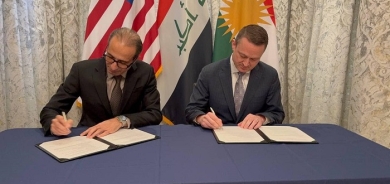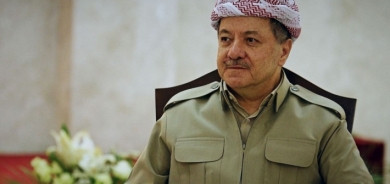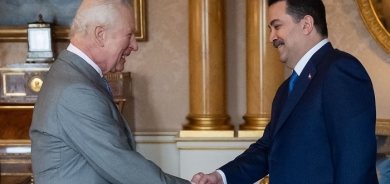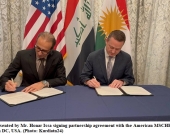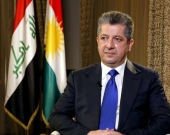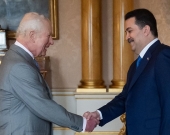KRG Presses Baghdad on Salary Payments, Addresses Electricity and Pilgrim Safety Issues

ERBIL, Kurdistan Region – The Kurdistan Regional Government (KRG) emphasized on Wednesday that it has given the federal government no excuse to delay sending salaries for Kurdish Peshmerga and security forces. This assertion was made during the weekly Council of Ministers meeting chaired by Prime Minister Masrour Barzani, where several critical issues were discussed, including financial matters with Baghdad, electricity in Kurdistan, and recent deaths of Kurdish pilgrims in Saudi Arabia.
The meeting primarily focused on the salary payments in the Kurdistan Region. Procedures for fulfilling obligations to the federal government, the monthly salary list, joint audit processes, and the integration of institutions were key topics of discussion. Awat Sheikh Janab, Minister of Finance and Economy, provided the council with the latest updates on these issues.
The Council of Ministers reaffirmed its dedication to resolving salary payment issues and instructed all ministries to continue sending salary lists and monthly revenue and expenditure reviews to the joint team of Federal and Regional Financial Supervision Bureaus for auditing. The Iraqi Ministry of Finance was urged to expedite the payment of Peshmerga and security forces' salaries, as the KRG has already submitted the necessary salary list. Additionally, the Council instructed the KRG's Ministry of Finance and Economy to send June's salary list to Baghdad along with the federal treasury's share of non-oil revenues.
Pashtiwan Sadiq, Minister of Endowments and Religious Affairs, reported on this year's Hajj ceremony, including measures taken and the recent deaths of some Kurdish pilgrims. The Council expressed condolences to the families of the deceased pilgrims and called for an investigation to prevent future incidents. Saman Barzanji, Minister of Health, also provided an update on the health services rendered to the pilgrims.
In terms of electricity, Kamal Mohammed Salih, Minister of Electricity, reported on the electricity services in Kurdistan for the summer season. He noted a demand of 4800 MW and a production of 3989 MW, resulting in an average of 13 hours of electricity daily. The report highlighted reasons for the shortages and proposed potential improvements. The Council approved extending a 20% discount on electricity bills until July 31, 2024.
The meeting underscored the KRG’s ongoing efforts to address financial and service delivery challenges, aiming to ensure stability and support for the Kurdish people.


